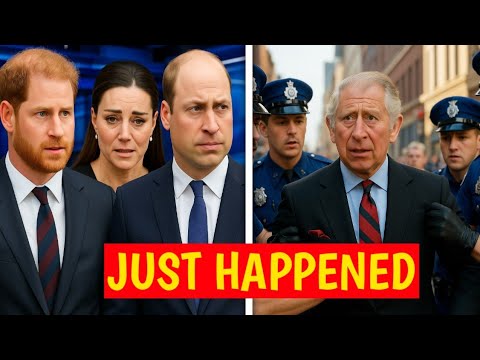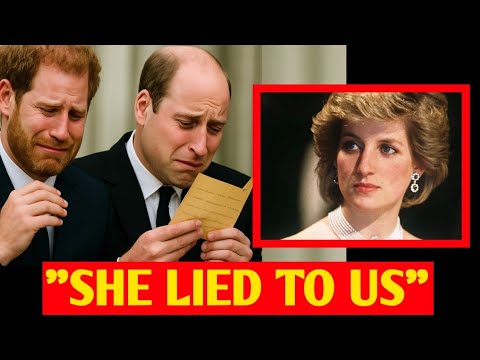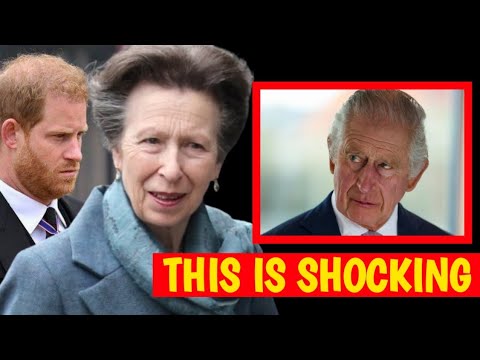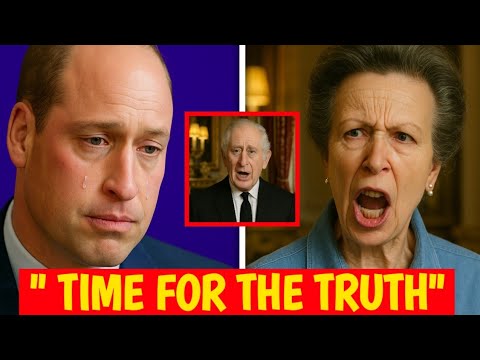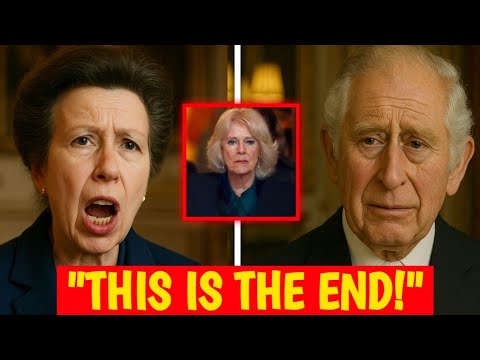
A stunning revelation has recently emerged, shaking the foundations of the British royal family. Sir Nicholas, a long-time and deeply trusted confidant of King Charles for over sixty-five years, has come forward with a claim that has sent shockwaves through the public and media alike. According to him, Meghan Markle, Duchess of Sussex, never gave birth to her son, Archie Harrison. Instead, he alleges that the child was born through a surrogate, with the entire operation carefully planned and concealed by the royal institution to protect its public image.
This disclosure, if accurate, suggests a deliberate effort by the palace to hide the truth from the public. The monarchy, built on centuries of tradition, places immense importance on bloodlines, heritage, and legitimacy. The notion that a child in the royal lineage may not have been carried by the mother publicly acknowledged as his parent challenges not only the authenticity of that lineage but also the integrity of the institution itself. The secrecy surrounding Archie’s birth has always stirred curiosity and speculation. Still, this claim pushes that curiosity into a territory that could trigger a constitutional debate about succession, transparency, and the future of the monarchy.
Sir Nicholas, often described as the quiet force behind King Charles’s public and private life, has long been seen as a stabilizing figure. His influence spans decades, encompassing some of the royal family’s most turbulent chapters—from Princess Diana’s tragic death and the public fallout that followed, to King Charles’s controversial but eventually accepted marriage to Camilla.
Nicholas was integral in managing the royal narrative through these events, helping to restore Charles’s reputation and ensuring the continuity of the monarchy. So for him to step out of the shadows now, casting doubt on one of the most personal and protected aspects of a royal figure’s life, is both extraordinary and deeply unsettling.
What prompted this unexpected breach of loyalty? There are many theories. Some suggest a moral awakening, a belief that the public deserves the truth no matter how damaging it might be. Others speculate that Sir Nicholas may be caught in a larger power play within the royal ecosystem—perhaps manipulated or encouraged by those who see the Duke and Duchess of Sussex as a threat to royal traditions and stability.
Whatever the motive, the consequences are far-reaching. Social media has exploded with polarized reactions. Many demand full transparency and accountability from Buckingham Palace, citing the importance of honesty when it comes to matters of royal succession and public trust. Others argue that the privacy of childbirth, even in royal families, should be respected and protected, viewing these revelations as a cruel and unnecessary invasion of personal life.
So far, the palace has remained silent. This calculated inaction speaks volumes. A quick and unequivocal denial would typically follow such an inflammatory claim if it were false. Instead, the lack of an official response has fueled speculation and led many to believe there may be a kernel of truth in Sir Nicholas’s statement. On the other side, Meghan Markle’s representatives have issued strong denials, firmly asserting that she gave birth to Archie and describing the accusation as not only false but malicious—an attempt to tarnish her and her family’s reputation.
The possibility that irrefutable evidence may exist, as claimed by Sir Nicholas, intensifies the drama. Should such evidence surface, the monarchy could face a legitimacy crisis unlike any it has known in modern times. In the midst of already strained relations between Prince Harry, Meghan, and the rest of the royal family, this revelation adds yet another layer of complexity.
Ever since the Sussexes stepped back from royal duties and moved to the United States, their actions and statements have been heavily scrutinized, often interpreted as rebellious or anti-establishment. Some commentators believe that Sir Nicholas’s timing is not coincidental; that this disclosure could be part of an attempt to restore order by casting doubt on the Sussexes’ position and narrative.
Looking deeper into the history of Sir Nicholas’s relationship with King Charles, the loyalty and depth of their bond become clear. They met during Charles’s youth, forming a friendship that evolved into a strategic partnership. Nicholas helped Charles navigate the highly sensitive periods of his life, standing by him through scandals, media scrutiny, and personal turmoil.
His understanding of royal protocol and his ability to shape public opinion made him indispensable. This context makes his recent revelation even more perplexing. Why would someone who had spent a lifetime shielding the monarchy suddenly decide to expose what could be its most closely guarded secret?
Perhaps Sir Nicholas believes the truth must eventually triumph over secrecy. Or perhaps he sees this as a necessary moment for the monarchy to face its contradictions head-on. Alternatively, it could be that internal pressures or disillusionment with recent developments within the royal family pushed him to act. Regardless of the reason, the implications are profound. If Archie was indeed born via surrogacy, and the palace intentionally misled the public, it could undermine public confidence in the royal family’s authenticity and transparency.
Moreover, the timing of this bombshell is critical. The monarchy is already undergoing a transformation, striving to modernize and remain relevant in an increasingly diverse and skeptical society. The younger generations are more likely to question outdated traditions and demand openness from public figures. This scandal, real or perceived, could deepen the divide between the monarchy and the people it seeks to represent. And for Archie, who is growing up outside the constraints of royal life but within the public eye, the repercussions could be personal and long-lasting.
Ultimately, the question now is not only whether Sir Nicholas’s claims are true, but how the royal family will respond. Silence, in this case, may no longer be an option. The longer the palace refrains from addressing the situation, the more damaging the speculation becomes.
The royal family’s strength has always been its ability to weather storms through unity and controlled messaging. But with one of its most trusted insiders stepping out and pulling back the curtain, the institution may be forced to adopt a new strategy—one that embraces transparency, however painful that might be.
This unfolding situation is more than just a headline-grabbing scandal. It represents a moment of reckoning for an institution that has for centuries relied on secrecy and controlled narratives. Whether the monarchy chooses to confront or conceal this challenge may determine not only the legacy of its current members but the shape of its future.
